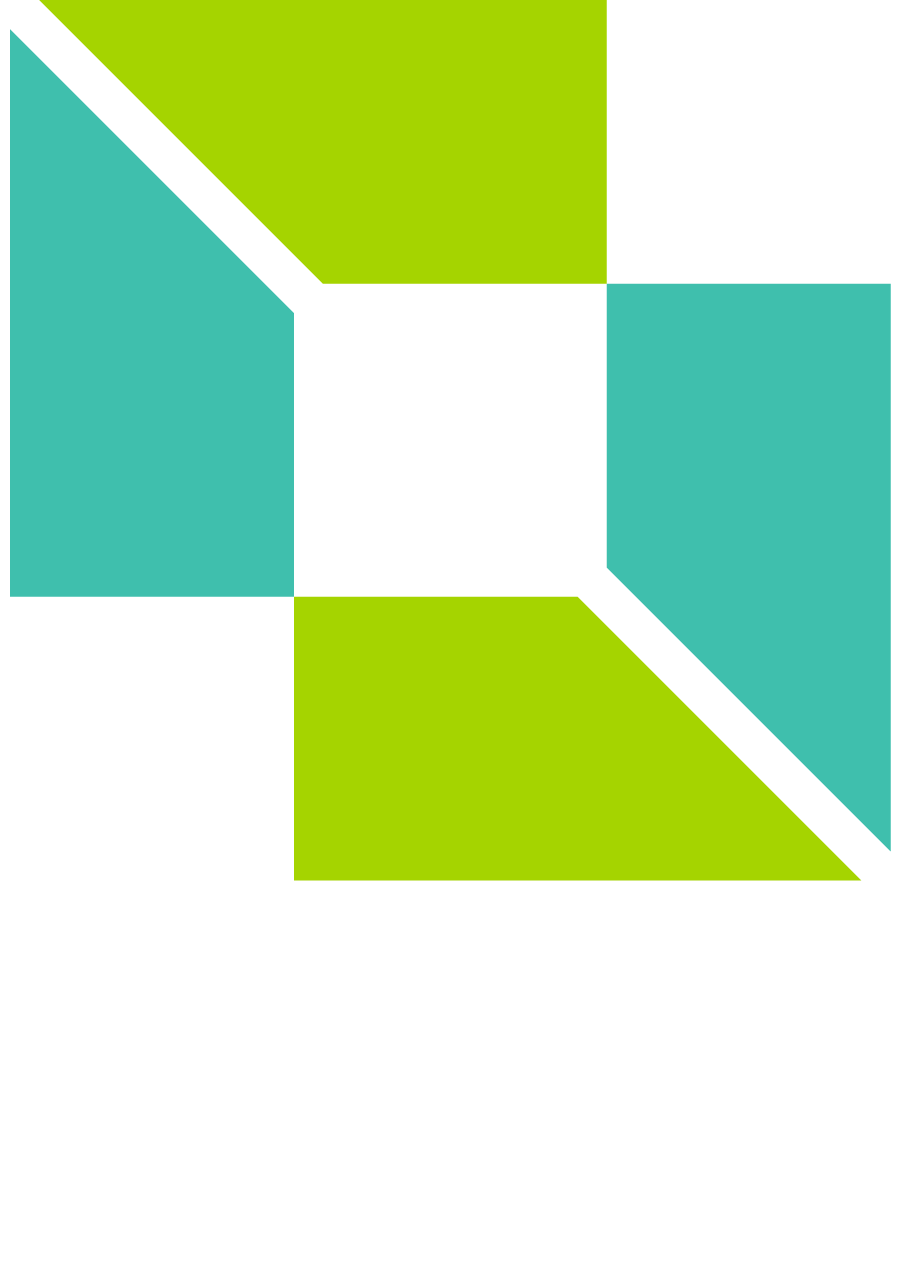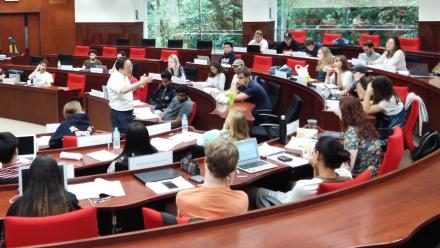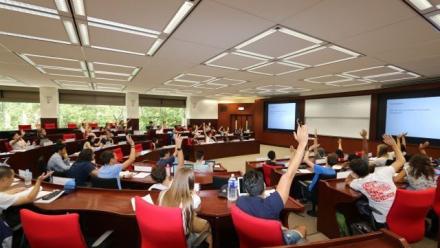Organizational Management, set in the Year 2 of our Global BBA program, examines selected key functions of organizational management including production management, value chain management, information management, quality management, intellectual capital management, and organizational change management.
Taught by Associate Professor Kuok Kei Law of NUCB Business School, this course is designed to provide students with a holistic perspective of managing an organization, with a focus on the above aspects due to their prevalent and significant nature for organizational sustainability in the modern business environment. Throughout the course, the students will become able to analyze the value chain system of organizational production, to associate the various aspects with organizational competitive advantages and to anticipate some of the challenges in managing organizational change with the necessary and appropriate actions.
Week 4 of the course was scheduled to allow students to practice what they have learnt in the first 3 classes on a simulation task that deals with global production and sales forecasting. During the simulation, students were required to analyze sales forecasts and plan for production, make outsourcing decisions, examine the quality and sources of information that would influence their decisions, and reveal the values added to the business by their decisions.
The simulation task was followed by a debriefing session in which students were invited to share their decision-making criteria employed in the simulation decisions. Dr. Kuok Kei Law facilitated and encouraged students to debate on their rationales and reflect on the result (business outcome) of their simulation task. Overall, students enjoyed the simulation experience and found it useful to integrate and reflect what they had learnt in the first half of the course. They also found the debriefing session very useful in understanding organizational decision makings, particularly under significant constraints and uncertainties. As demonstrated here, simulations are an effective tool, often used in our Global BBA program, to make the students apply what they have learned in a virtual scenario where every single decision and action will matter and influence the final outcome, giving them a ‘first-hand’ experience of this type of situation.
Before the end of the class, Dr. Law asked students to analyze a trendy article regarding the impact and implications of COVID-19 on organizational management. Students were guided to reflect on the lessons learnt from the current business environment and think of what can be done to improve organizational resilience. At the NUCB Undergraduate School, we connect the reality to the theory through the Case Method and by integrating current events in the classroom experience in order to boost the students’ grasp on how to deal with this scenario.
Week 5 of Organizational Management deals with the topic of quality management. This is a logical pick of the topic following discussion of the first 4 weeks on production, value chain and supply chain management. Here, the topic of quality management brings students’ attention to the output of production, i.e. the product to be sold to customers. Our common belief is that good quality products would attract more customers and thus higher market share and revenues to the company, and customers may accept higher prices (costs) to high quality products. On the contrary, bad quality products not only drive away customers, but sometimes also incur huge expenses to rectify the problem.
The case under discussion in this week illustrates the above points. Suzlon, a global manufacturer of wind turbine blades for wind energy, encountered a substantial product defect issue that required recall and retrofit that cost the company millions of dollars. Students were guided by the instructor Dr. Kuok Kei Law to go through a root analysis of the problem and examine key concepts such as cost of quality, total quality management, and Six Sigma. Students were also asked to provide a critical evaluation on the remedial actions taken by Suzlon and suggest ways to prevent a similar disaster from happening again. As a takeaway from the case, students learnt that quality is expensive, but even so from a seller’s point of view.
As mentioned above, although there were various key concepts relating to quality management to be covered in class, Dr. Law managed the class based on the participant-led approach in which students discovered, analyzed, and evaluated the concepts by themselves rather than just sitting down and listening to the explanation of the instructor. By doing so, students were able to gain more in-depth knowledge of the concepts and those concepts will stay with students for long as they had the chance to unfold and enact on the concepts. Also because of the participant-led approach, the class was fueled with energy, joy, and inspiration.

 Download
Download
 Infosession
Infosession
 Application
Application
 Open Campus
Open Campus












